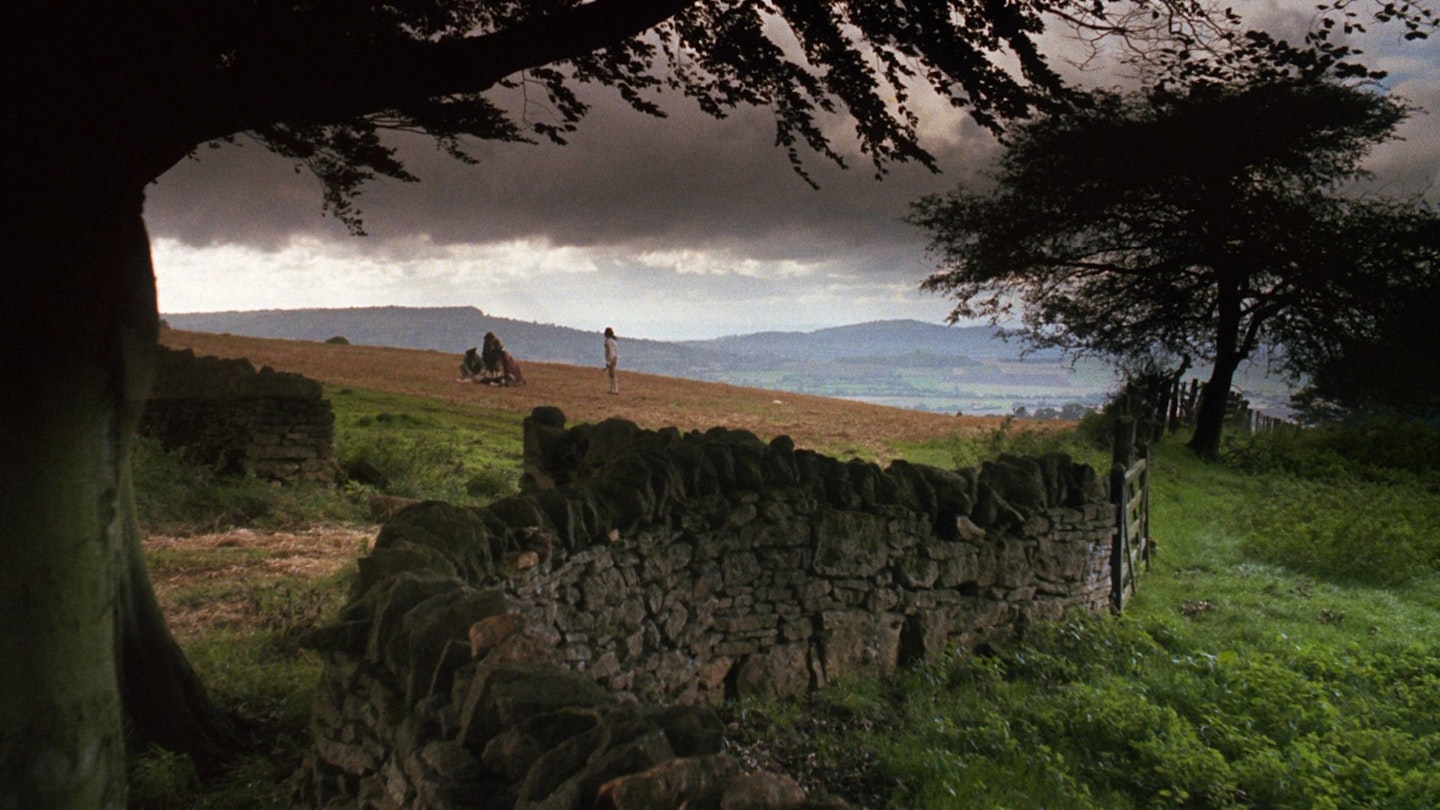Shot over two years with the kind of obsessive detail only Stanley Kubrick could muster up from his typically unbreakable research, this costume drama is so stately it appears to be operating under a spell.
The great director was adapting William Thackeray’s fairly disregarded debut novel, a picaresque centring on a selfish prig who saunters through 19th century European history, but, as ever, his focus is the ritualised behaviours that dehumanise us and push us toward solitude. Indeed, the book is filleted to a spare series of events, then spread over three sumptuous hours of decoration and absolute poise. Reputedly there is one line in his script that translated to ten minutes of screen time.
Thus his actors become pieces in a chess game, beautiful philosophical constructs to be moved hither and thither, more automatons than humans. Still, there’s no doubting the quality of Kubrick’s eyes, Ryan O’Neal and former model Marisa Berenson were technically the most beautiful people on the planet at the time. Their performances feel more like echoes.
Their tableau, haunted by the lush paintings of Constable and Watteau, is so richly decorated it almost becomes static. It’s a world that functions almost subliminally as if you are absorbing the images rather than simply seeing them. Kubrick borrowed a satellite camera from NASA, possessing the world’s largest aperture, to capture the natural light of a thousand candles. With barely perceptible zooms it takes in this place of order and design, a history, for all its duels, betrayals, and loveless manipulations, built on conformity. The individual is a sham, a selfish mask, who will be engulfed by the system.
It is also a film so divorced from easy emotion, it is hard to measure on any kind of entertainment scale. This may be the landscape of the swashbuckler, but it is bathed in deep melancholy. The result is pure art, that all but locks the watcher out.
